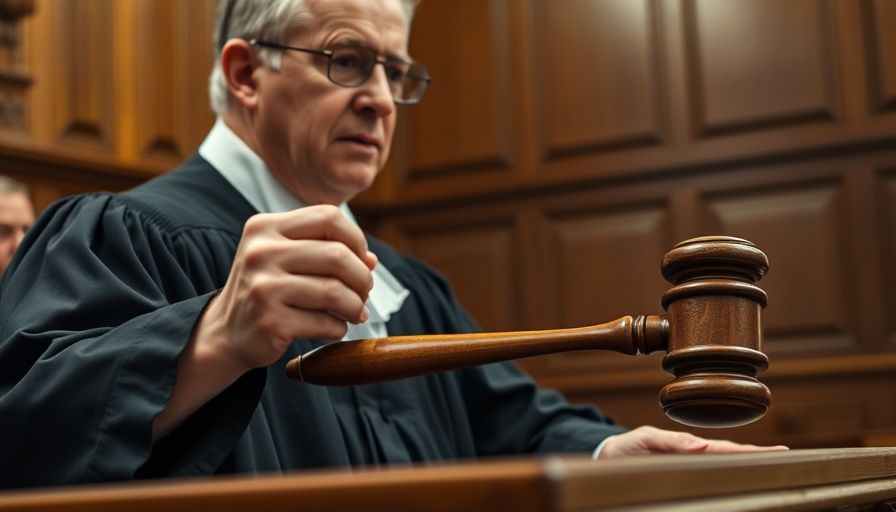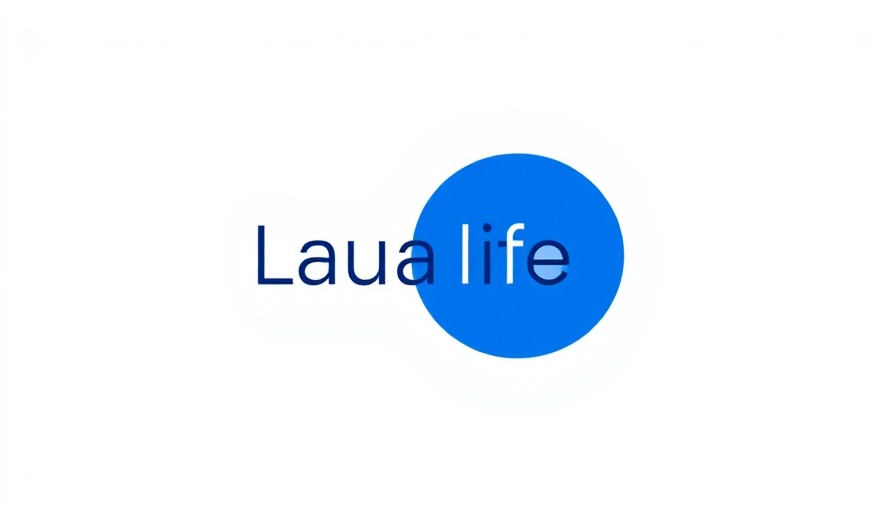
The Landmark Decision of AI and Copyright Law
A recent ruling by U.S. District Judge William Alsup has set a groundbreaking precedent in the world of artificial intelligence and copyright law. This decision marks the first time a federal judge has determined that it is legal for an AI company, specifically Anthropic, to train its models on copyrighted books without the permission of the authors. This ruling differentiates between traditional copyright infringement and the transformative use of content in AI development, providing clarity where few answers previously existed.
Understanding Fair Use in a Digital Age
The judge's ruling hinged on the concept of "fair use," a legal doctrine that allows for the limited use of copyrighted material without obtaining permission from the copyright holder. It emphasized that the AI's usage was “exceedingly transformative,” akin to a human writer deriving insight from books to create new works. By defining such AI processes as legitimate under fair use, this decision presents both opportunities and challenges for creators and copyright holders moving forward.
The Implications for Content Creators and AI Companies
While AI companies celebrate this ruling as a victory for innovation, authors and content creators are left grappling with its implications. The plaintiffs in the case, including authors Andrea Bartz and Charles Graeber, argue that their work has been exploited effectively without compensation. This situation highlights the ongoing tension between technology and intellectual property, as content creators demand protections against misuse while AI companies push for unimpeded access to data.
Future Predictions: The Evolving Landscape of AI Ethics
This ruling could signal future court tendencies to favor AI firms in disputes involving copyrighted material. As AI models become more integrated into various sectors—be it education, content creation, or entertainment—this decision sets a legal precedent that could shape how companies leverage creative works. Expect a rise in such legal battles, as the line between ethical use and exploitation continues to blur.
Counterarguments: Addressing Concerns Over Author Rights
Critics of the ruling argue that it undermines the rights of authors and diminishes the value of their contributions. By allowing companies to use copyrighted materials without compensation, critics fear this decision could dissuade writers from producing new content. Furthermore, it raises fundamental questions about what “transformation” means in a digital context, suggesting a need for clearer guidelines on how AI can ethically engage with existing works.
Actionable Insights for Authors and AI Developers
This ruling sheds light on the complex relationship between AI technology and creative industries. Authors might consider exploring new avenues for licensing their work, enhancing visibility and control over how their creations are used. On the other hand, AI developers should strive for transparent practices that acknowledge and respect the rights of content creators, ensuring a more collaborative environment moving forward.
Potential Reforms: Navigating Copyright in AI
As the legal system adjusts to the rapid advancements in AI technology, there may be a push for reforms in copyright legislation. This evolution could involve redefining fair use to accommodate the unique aspects of AI, ensuring both innovation and protection for creators are balanced. Authors and stakeholders must engage in dialogue with policymakers to influence the development of these reforms.
The legal landscape surrounding AI and copyright is shifting dramatically, and the recent ruling in favor of Anthropic serves as both a victory for AI firms and a call to action for creators. Writers and technology companies alike must adapt to this new era, considering the implications on their work and how they can coexist harmoniously in a shared creative space.
 Add Row
Add Row  Add
Add 




Write A Comment